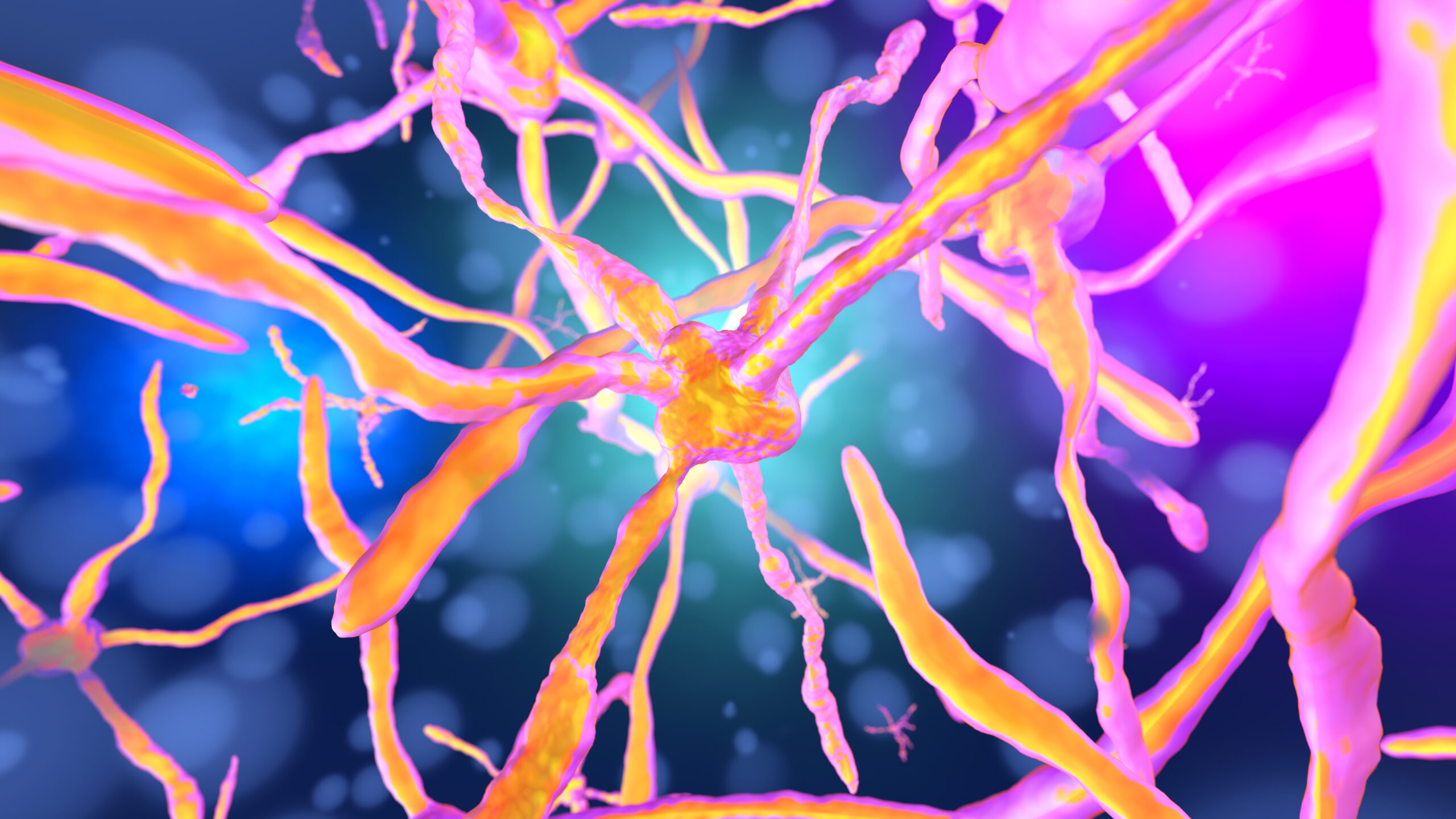How the Brain Heals Following Substance Use
Substance use disorder, or drug addiction, is classified as a mental health condition. According to the National Institute of Mental Health, substance use disorder manifests in a person’s inability to control their use of synthetic and/or illegal substances like alcohol, prescription and street drugs.
Some would argue that addiction is a choice – people choose to use substances and therefore choose addiction. But because of how addictive substances affect the brain, it is quite clear that addiction is an illness with physical and mental health implications, not simply a lifestyle choice. Because of the way addiction manipulates the brain, it takes recovery time to rewire the brain and return to healthy living.
What does addiction do to the brain?
When an individual begins using substances, the natural chemical balance within the brain is interrupted. Over time, the brain stops producing organic, natural chemicals as it adapts and responds to the synthetic ones now present in the system.
Take dopamine, for example. Dopamine is a neurotransmitter that communicates between your nerve cells and brain and is a crucial component of the body’s reward system. According to the Cleveland Clinic:
“This system is designed…to reward you when you’re doing the things you need to do to survive — eat, drink, compete to survive and reproduce. As humans, our brains are hard-wired to seek out behaviors that release dopamine in our reward system. When you’re doing something pleasurable, your brain releases a large amount of dopamine.”
Commonly abused substances like cocaine, alcohol, nicotine, amphetamines and opiates cause a massive release of dopamine in the brain, triggering the reward system. This sends signals to the body and brain that “this is good, this is rewarding, this is pleasurable.” Slowly, addiction to these high levels of dopamine begins.
As addiction progresses, the brain no longer can function naturally without first experiencing withdrawal symptoms. This is because certain drugs closely mimic the natural chemicals in the brain, but send abnormal messages that the natural chemicals do not. So, when a brain addicted to substances is expected to return to a natural state, the body experiences withdrawal symptoms.
How to rewire the brain after substance use
Following substance abuse and addiction, it can take quite a bit of time to rewire the brain and restore normal, healthy functioning. Drug use is reinforced through the release of huge amounts of dopamine, and training the brain to return to lower, natural levels of dopamine can take time.
Not to mention the fact that substance use disorder doesn’t usually just happen of its own accord. Many people who battle addiction struggle with a co-occurring disorder, such as anxiety, depression or PTSD. Perhaps the addiction caused the onset of a mental illness, or the mental illness was out of control enough that the individual could only feel relief through substance use, no matter how temporary or damaging this coping method may be.
For this reason, addiction recovery involves more than just detoxification and stopping the substance use. In order to completely rewire the brain, both the addiction and the underlying cause must be addressed. Recovery is possible, but the process can be time-consuming, requiring dedication and commitment.
How long does rewiring the brain take?
The recovery process from substance use disorder is different for every person depending on a number of factors, including:
- Weight, age and gender
- The type of drug and how it was taken (injected, snorted, smoked, pill)
- Duration and frequency of substance use
- Dosage size
- Any pre-existing mental or physical health condition
- Whether more than one drug was used, or if drugs and alcohol were combined
The first step of rewiring the brain is detox, eliminating any and all synthetic chemicals from the body. Depending on the substance used, as well as the severity of the addiction, detox can last anywhere from 5 to 14 days. The first few days of this process are the most intense for the individual in recovery.
After detox, the next step is entering a treatment program to address both the substance use disorder and any co-occurring mental health conditions. How long this process takes depends on each individual case as well. Some people might progress more quickly through levels of inpatient and outpatient treatment. Others may benefit from spending time in a sober community before returning to everyday life.
Restoring mental health after addiction
There’s no denying that addiction affects the brain and that rewiring the brain is a lifelong process. There may always be temptations and triggers to return to substance abuse. That’s why part of the recovery treatment goal is to give you the tools you need to not only recover, but to maintain your recovery long term.
If you or a loved one needs help stopping substance use and starting a recovery journey, consider Freedom Detox. Our licensed professionals can not only help assist you through detox, but also help you to plan for post-detox treatment and next steps toward long-term success in recovery. To learn more, contact us via our website or by calling 800-475-2312.








